Provider-level disability awareness training
Online disability awareness and resource training for service providers and peer mentors
Orientation to PRIDE’s eight training modules Heading link
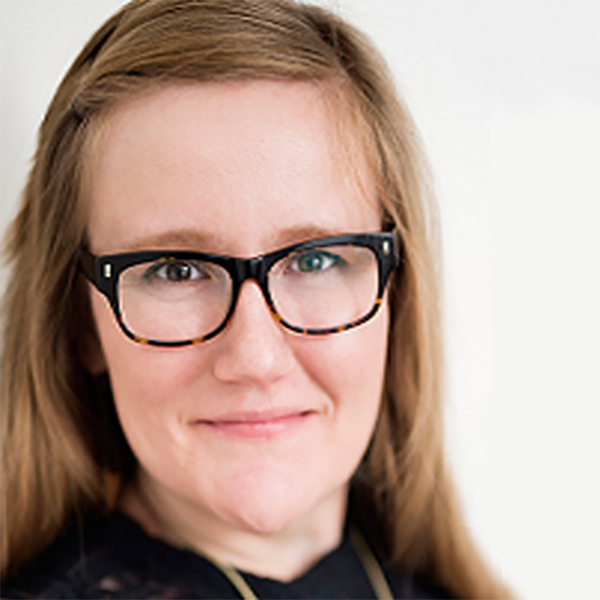
The orientation module provides background about PRIDE and an overview of programs. It is conducted by Katharine Duke, PRIDE project manager.
PRIDE’s eight training modules Heading link
Module 1
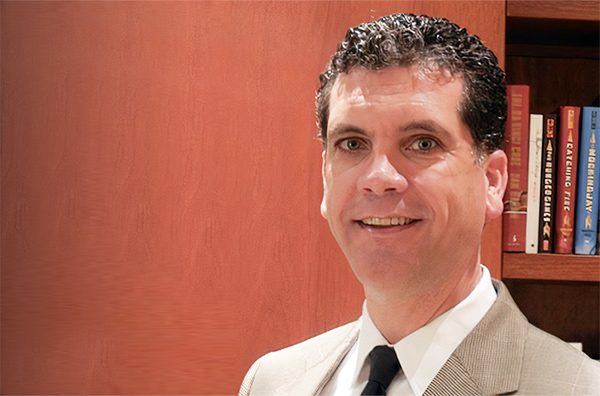
Defining disability, disability rights, stigma and disclosure
This module explains different definitions and types of disability, as well as how interpretations of disability vary across cultures. It also discusses legal systems and policies that support people with disabilities. The module concludes with case studies.
Speaker: Barry C. Taylor
Vice president, Civil Rights Team
Equip for Equality
Module 2
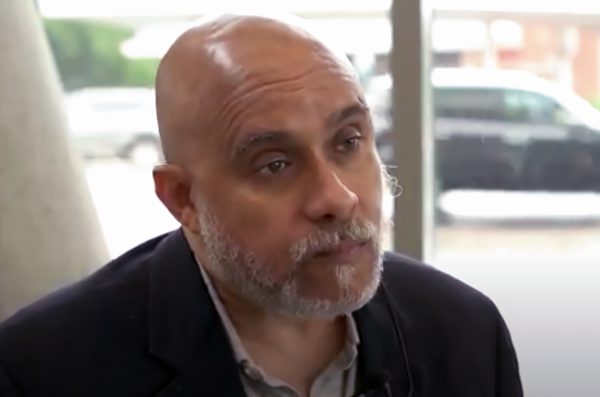
Social security, work incentives and benefits counseling
This module includes three case studies that address how Social Security Administration, Supplemental Security Income and Social Security Disability Insurance relate to refugees with disabilities. The module also discusses the SSA Ticket to Work program, the Mayor’s Office for People with Disabilities and benefits counseling.
Speaker: John E. Marshall
Area work incentives coordinator
Social Security Administration
Module 3
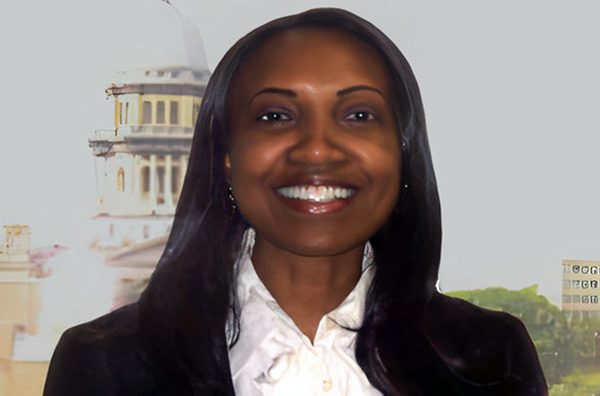
Division of Rehabilitation Services–Vocational Rehabilitation
This module features an important PRIDE partner agency, the Illinois Department of Human Services. The module focuses on the role of the Division of Rehabilitation Services–Vocational Rehabilitation. The module also discusses how to connect job-seeking refugees to the agency, as well as business and career services.
Speaker: Quinetta Wade
Director Illinois Department of Human Services–Division of Rehabilitation Services
Module 4
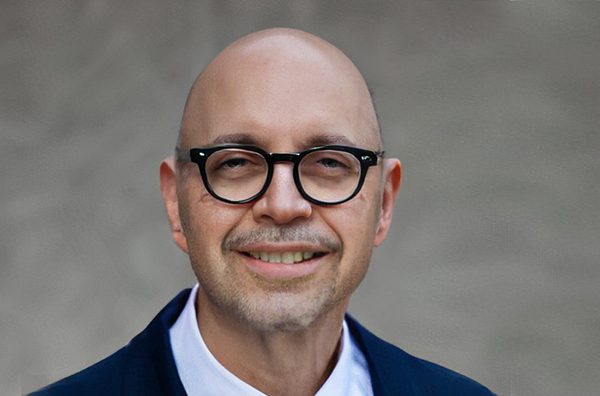
Workplace accommodations and assistive technology
This module features case studies on workplace accommodations and assistive technology. It introduces a PRIDE partner, the UIC Assistive Technology Unit. The ATU supports people with disabilities in using assistive equipment and helps them assess and implement workplace accommodations.
Speaker: Glenn Hedman
Director, Assistive Technology Unit
Department of Disability and Human Development
UIC College of Applied Health Sciences
Module 5
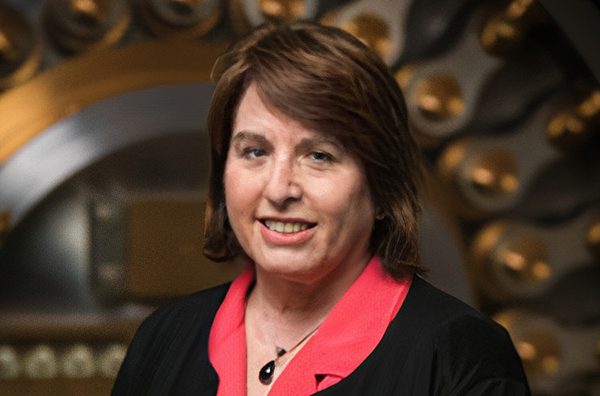
Transportation options and resources for job-seeking refugees with disabilities in Chicago
This module focuses on local transportation and resources for job-seeking refugees with disabilities. Case studies discuss options for accessible transportation, transportation-related training and supports, and driver rehabilitation.
Speaker: Judy L. Shanley, Ph.D.
Assistant vice president for education and youth
Transition Easter Seals
Co-director, National Center for Mobility Management
Module 6
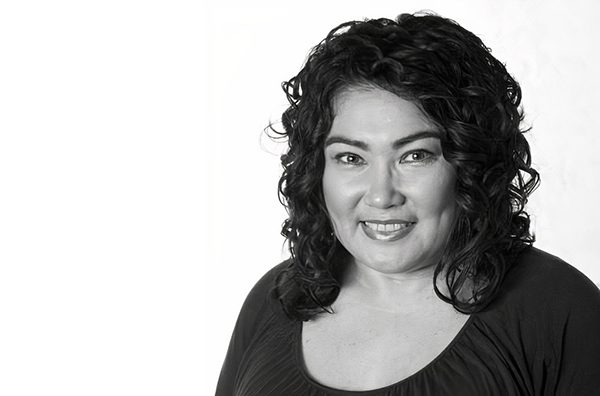
Centers for independent living
This module features PRIDE partner Access Living, a cross-disability organization governed and staffed mostly by people with disabilities. Its case study includes: defining independent living centers and centers for independent living; the core services they offer; how they support job-seeking refugees with disabilities; and who is eligible.
Speaker: Rahnee Patrick
Director, Independent Living Access Living
Module 7
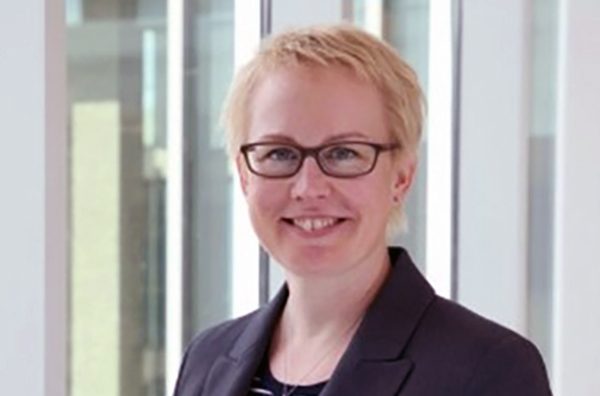
Self-employment
This module covers definitions of self-employment, facts about people with disabilities and refugees related to self-employment in the United States, case examples, and government programs and PRIDE community partners that support self-employment.
Speaker: Maija Renko-Dolan, Ph.D.
Associate professor of entrepreneurship
UIC College of Business Administration
Chicagoland Entrepreneurship Education for People with Disabilities (CEED)
Module 8

Working with employers and chambers of commerce to hire and accommodate refugees with disabilities
This module focuses on working with businesses, employers and chambers of commerce to hire and support refugees with disabilities. It addresses specific federal legislation that supports PRIDE’s mission, and ways to connect with providers when working with employers to hire refugees with disabilities.
Speaker: Bill Morton
President
Rogers Park Chamber of Commerce
Logos Heading link

This product was developed under a grant from the National Institute on Disability, Independent Living, and Rehabilitation Research (grant #90IF0110-01-00). However, contents do not necessarily represent the policy of the NIDILRR, and you should not assume endorsement by the federal government.